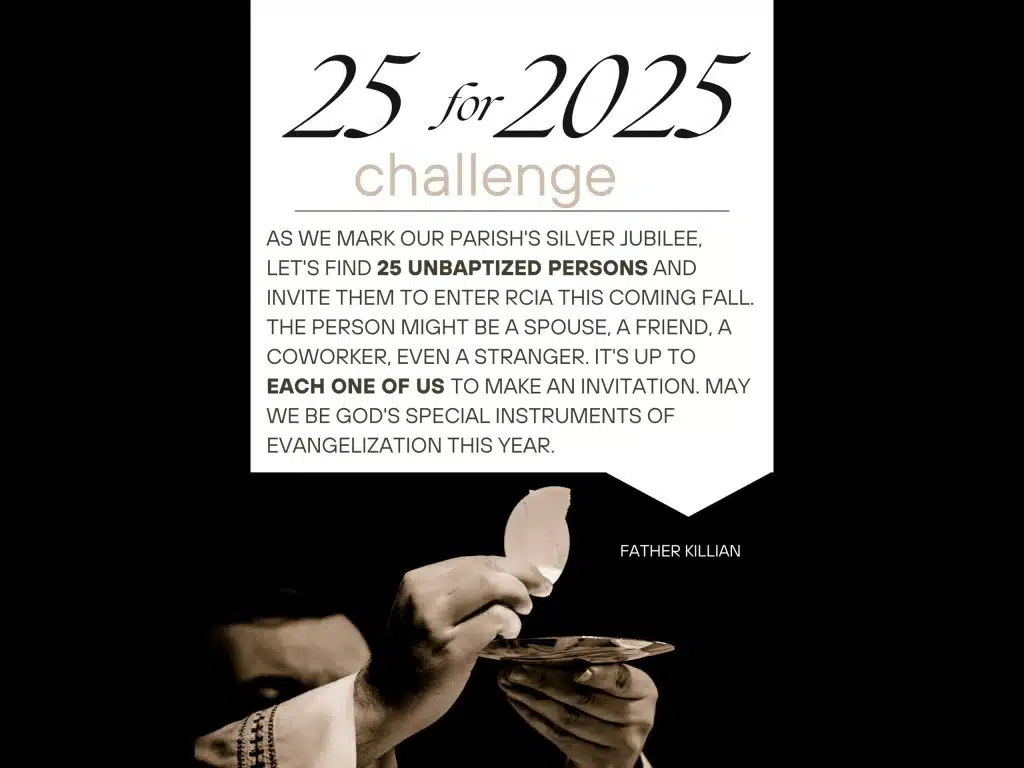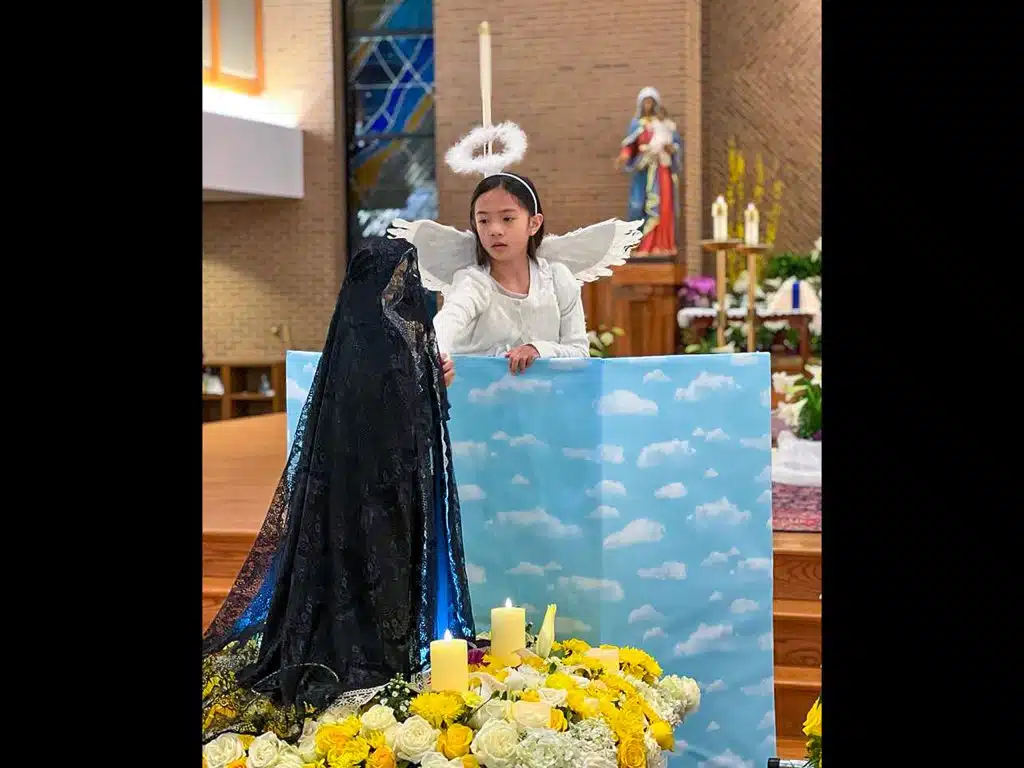Ron Riggins, 62, is a husband, a father
and a grandfather. He’s a graduate of the College of William and Mary in
Williamsburg who works as a banking consultant. He heads the Rite of Christian
Initiation of Adults program at Church of the Nativity in Burke and serves on
the board of Catholic Charities.
Bringing people into the faith and
helping the poor are fulfilling and joy-filled acts of faith for Riggins. But
he also serves the church in a role he personally finds challenging — as a
member of the diocesan review board.
The Charter for the Protection for
Children, also called the Dallas Charter, was created by the U.S. Catholic
bishops in 2002. The charter mandated the creation of diocesan review boards —
consultative bodies comprised of a majority of lay men and women not employed
by that diocese or eparchy. The group’s objective is to review the diocese’s
child protection policies and to advise the bishop in cases of alleged abuse
against minors by clergy.
The review board members in the Diocese
of Arlington include: Riggins; Dr. Art Behrmann, a psychiatrist; Robert
Chirles, former director of Loudoun County Department of Family Services; Linda
A. Cullen, former program director of diocesan Catholic Charities Children’s
Services and a psychological assessor for the diocesan tribunal; Oblate Sister
Susan Louise Eder, principal of Holy Cross Academy in Fredericksburg; Robert C.
Odle Jr., a retired attorney; Father Lee R. Roos, pastor of All Saints Church
in Manassas; and Father Robert C. Cilinski, Episcopal Vicar for Charitable
Works and pastor of Church of the Nativity.
Currently, the review board meets
monthly to assess the diocesan response to the current crisis, including the
review of the clergy files. They are called in as needed to review cases of
alleged abuse of a minor by a clergyman after a criminal investigation has been
concluded.
The review board members aren’t
investigators and their meetings aren’t courts of law, said Riggins. Each
session begins and ends in prayer. To ensure privacy for all involved, all the
information presented to the review board is given to the members when they
gather at the chancery — the diocese’s headquarters. They read over the police
reports and accounts from the accuser and the accused. They hear from diocesan
employees involved with the case, such as Victim Assistance Coordinator Frank
Moncher.
Then, working with the facts they have
before them, they discuss the case. Each member brings his or her own
perspective to the task. Sister Susan Louise draws on her experience as a
religious sister and as an educator and school administrator. “I think it’s
important the church has an authority structure, but the church is also the
people of God, so it’s important to have representatives from different
contingencies — expertise that wouldn’t necessarily been held by the hierarchy
of the church,” she said.
The group faces a difficult task, said
Riggins. “Unless there’s an admission (of guilt), there’s always an element of
gray,” he said. “We have to rely upon those professional investigators and (then)
draw a conclusion. Personally, it can be gut-wrenching.”
Though every member is knowledgeable and
dedicated, Sister Susan Louise has found they don’t always come to a consensus.
“I’ve learned that we all look at things differently. Everyone cares deeply for
the church and for the victims, but we may have different opinions about how to
meet the needs of the survivors and honor the church,” she said. After the
discussion, Bishop Michael F. Burbidge will ask for the opinion of each member.
Later, he’ll let the group know his decision.
Based on his experiences on the review
board, Riggins urges parishioners to be vigilant. “If we see something that is
a little off, that could be misconstrued, we need to say something right away,”
he said. Serving on the board has renewed a sense of compassion for the abused.
“I pray for the victims regularly. Sometimes I will go to adoration, have a
holy hour and just lift all that up in prayer. I pray for the Holy Spirit to
lead us to a more purified church.”
Sister Susan Louise has been moved deeply
by victim-survivors. “What I’ve learned is how deeply wounded a person is by
abuse,” she said. “Until you actually meet someone who has gone through abuse,
you don’t realize how deeply it affects somebody.”
Being a review board member is challenging,
but the members believe in their work. “It’s a very tough thing to have to
advise the bishop on, but it’s necessary for the church to be purified in order
to proclaim the Gospel and not have hypocrisy,” said Riggins. “It’s a very
dedicated group of lay people (who) are serving on this from various backgrounds.
They take this very seriously — this is not some rubber stamp group. We need
people to know that there is transparency, that there are third parties looking
at this.”
“We’re in a very painful moment,” said
Sister Susan Louise. “We have to keep our hope that Jesus is continually opening
our minds and our hearts to him, to be his instruments, especially during the
difficult times.”



